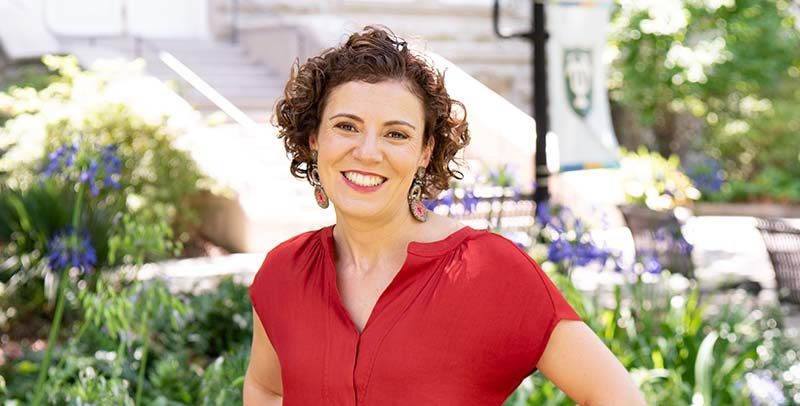
Tulane researcher and Rosov Consulting to study economic insecurity among American Jews
By Brittany Fowler
A first-of-its-kind research study, led by Tulane University’s Ilana Horwitz, PhD, in partnership with Rosov Consulting, will gather data on economic insecurity among American Jews as part of a broader effort to address Jewish poverty.
The study, supported by the Jewish Funders Network through a grant from The Harry and Jeanette Weinberg Foundation, will focus exclusively on the experiences of U.S. Jews facing poverty and economic insecurity. It builds on the work and commitment of the National Affinity Group on Jewish Poverty, a group of funders, service providers, and other stakeholders dedicated to fighting poverty in the American Jewish community.
“Collecting quantitative and qualitative data paints a fuller picture of the lived experiences of the Jewish poor and allows us to share that picture widely across the Jewish communal ecosystem,” said Horwitz. “The data and feedback from survey participants and human service professionals will provide important information that sheds light on the challenges and successes within the community to help enact positive change.”
Horwitz holds the Fields-Rayant Chair in Contemporary Jewish Life at the Grant Center for the American Jewish Experience. Trained in both qualitative and quantitative research methods, she is a sociologist who examines how gender, ethnicity, race, social class, and religious upbringing shape people’s lives. God, Grades, and Graduation: Religion’s Surprising Impact on Academic Success, her book published earlier this year, examines how a religious upbringing shapes the academic lives of teens. Rosov Consulting helps foundations, philanthropists, federations, and grantee organizations in the Jewish communal sector make well-informed decisions through professional research, evaluation, and consulting services.
The project will consist of several components and include multiple methods of data collection and analysis, including a survey of 1,000 U.S. Jews who are experiencing or who have previously experienced economic insecurity, as well as in-depth interviews with about 100 survey respondents and professionals who work in Jewish human service organizations.
Survey and interview questions will focus on the causes and precipitating events of participants’ economic vulnerability; consequences of the economic insecurity, especially for their involvement in the Jewish community; experiences with interventions intended to address economic distress, both within and outside the Jewish community; challenges participants face in moving beyond economic insecurity; and feedback on successful journeys out of poverty.
The study will be completed by December 2023 and results will be made available to the public through the Berman Jewish DataBank and other platforms.
originally posted in Tulane News




